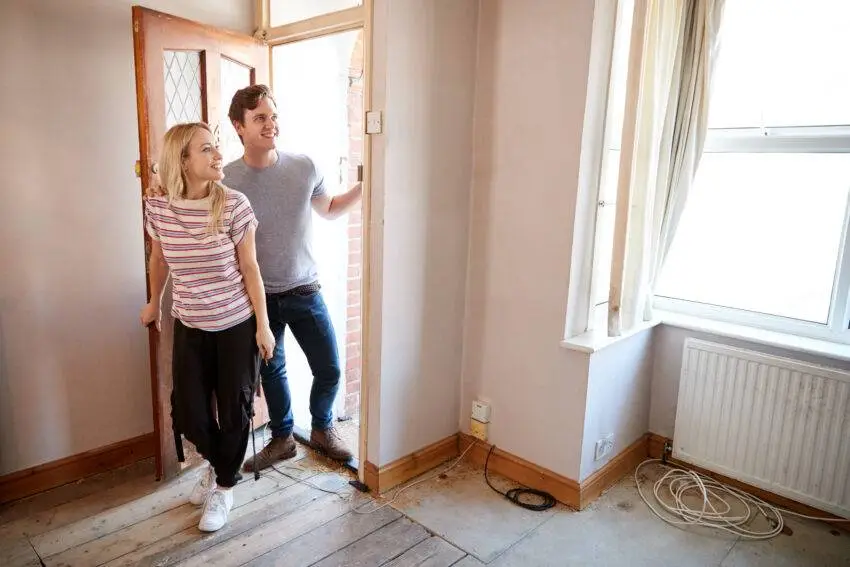As the general election approaches, clashes between the main political parties over housing policies have intensified. Labour and the Conservatives are focusing on support for first-time buyers and renters.
Both parties are accusing each other of failing to deliver on their housing promises. This article explores the key points of their conflicting strategies.
Conservatives’ Housing Pledge
The Conservatives have pledged to abolish stamp duty permanently for first-time buyers purchasing properties up to £425,000. This threshold is set to revert to £300,000 next April, which was temporarily raised to assist homebuyers.
Housing Secretary Michael Gove emphasised the Conservative’s ‘clear plan’ to help people get on the housing ladder. He accused Labour of imposing a significant stamp duty increase from next April.
Labour’s Defence
Labour leader Sir Keir Starmer defended their stance, stating that the current stamp duty plan set out in the Budget is fully costed. He criticised the Conservative proposal as an unfunded commitment.
Analysts highlight that stamp duty is mainly paid by those purchasing larger homes or properties in more expensive areas. According to the Office for National Statistics, the average house price for first-time buyers in Britain in April 2024 was £236,000. This would not incur any stamp duty under current rules.
Policies for Renters
Labour has also focused on protecting renters, pledging immediate action to ban no-fault evictions.
They plan to require all rental homes to achieve an Energy Performance Certificate rating of C by 2030, aiming to save tenants an average of £250 per year.
The Conservatives have promised to implement the ban on no-fault evictions but have yet to do so.
Housing Development Plans
The Conservative housing strategy includes building homes with a focus on brownfield development and maintaining the stamp duty exemption for first-time buyers of properties up to £425,000.
Labour aims to reform planning rules, accelerate development on brownfield and ‘grey belt’ land, extend mortgage support schemes, and enhance tenants’ rights.
Other Parties’ Views
The Liberal Democrats advocate for additional social housing, new ‘garden cities,’ and support for local authorities to end the ‘right to buy’ policy for council housing.
They propose banning no-fault evictions, making three-year tenancies standard, and creating a national register of licensed landlords.
The Green Party plans to invest in new social housing, repurpose empty properties, set higher environmental standards for new builds, and require more affordable units.
Scottish and Welsh Policies
The Scottish National Party has declared a national housing emergency, promising funding for new affordable homes across Scotland. This includes rural and island projects.
Plaid Cymru focuses on expanding social housing and supporting the Welsh construction industry. They advocate for local authorities to buy back more second homes and holiday lets, ban no-fault evictions, and implement rent controls.
Reform UK Proposals
Reform UK proposes fast-tracking planning, offering tax incentives for brownfield site development, and providing tax breaks to small-scale landlords.
The political battle over housing policies is a critical issue as the election looms. Both major parties have laid out their strategies, with significant differences in their approaches.
As voters consider their options, the support for first-time buyers and renters remains a highly debated topic. The outcome of this clash will shape the future of the housing market in the UK.

